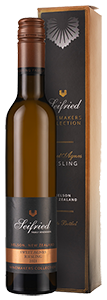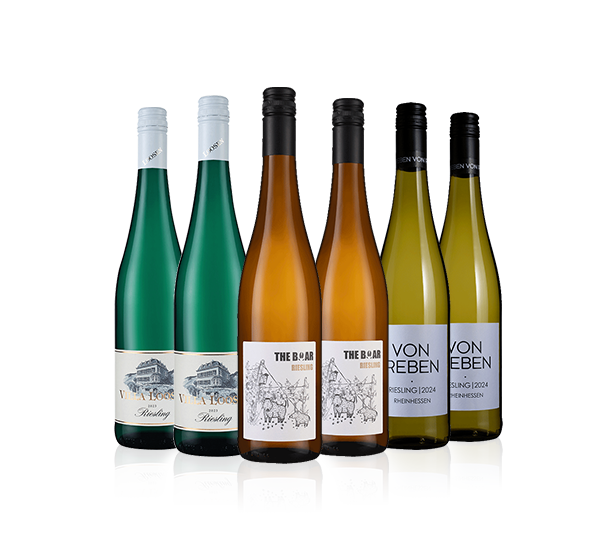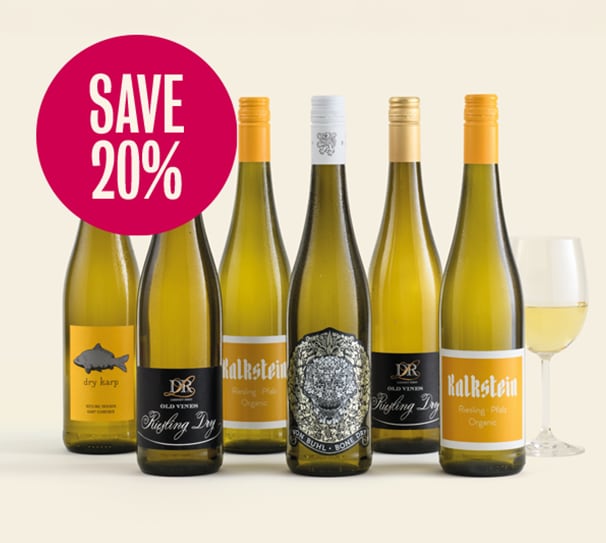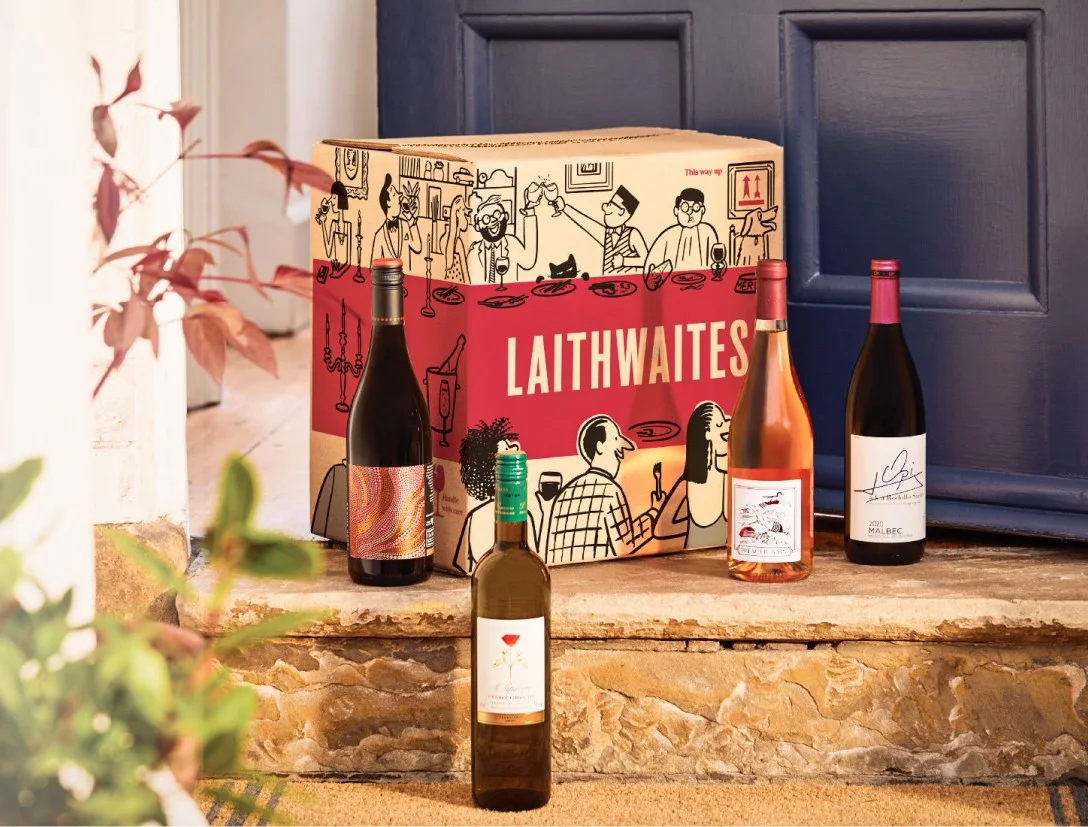Filter by
- £8.99 per bottle
- £12.49 per bottleSAVE £2.50
- £10.99 per bottle
- £12.49 per bottleSAVE £2.50
- £16.99 per bottle
- £16.99 per bottle
- £2.99 per bottleSAVE £1.00
- £11.99 per bottle
- £34.00 per bottle
- £15.99 per bottle
- £14.99 per bottle
- £15.99 per bottle
- £17.99 per bottle
- £12.99 per bottleSAVE £2.00
- £12.99 per bottleSAVE £4.00
- £10.99 per bottleSAVE £4.00
- £12.99 per bottleSAVE £3.00
- £14.99 per bottleSAVE £2.50
- £14.99 per bottleSAVE £4.00
- £65.94 per caseSAVE £16.00
- £13.99 per bottleSAVE £4.00
- £77.94 per caseSAVE £20.00
- £15.99 per bottle
- £15.00 per bottle



























